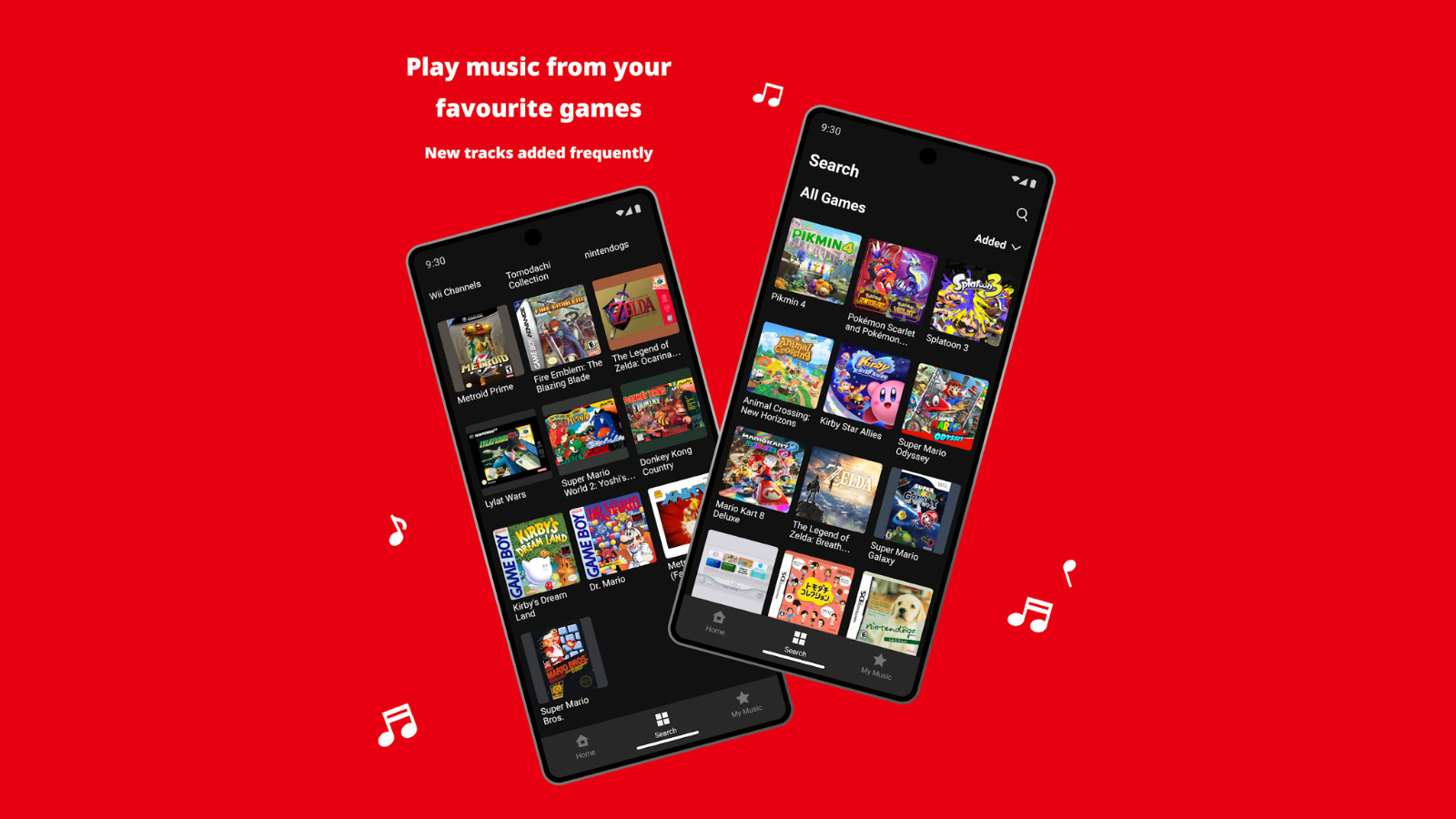For years, iPhone users have relied on Google Chrome as their go-to browser. Its familiar interface, seamless syncing with desktop versions, and extensive features have made it a popular choice. But now, Apple is sending out a clear message: it’s time to consider alternatives. Recent updates and pronouncements from Apple strongly suggest the tech giant is pushing users towards its own Safari browser. But why the sudden shift? And should millions of loyal Chrome users actually make the switch?
This isn’t just about brand loyalty. Apple claims Safari offers a superior browsing experience on iPhones, citing faster performance, enhanced privacy features, and better integration with the iOS ecosystem. They’ve even gone as far as highlighting specific instances where Chrome may be hindering your iPhone’s performance and battery life. This leaves iPhone users with a crucial decision: stick with the familiar Chrome or embrace Apple’s Safari.
To help you navigate this dilemma, we’ll delve into the reasons behind Apple’s push, explore the advantages and disadvantages of both browsers, and provide a comprehensive comparison to empower you to make an informed choice.
Why is Apple Steering Users Away from Chrome?
While Apple hasn’t explicitly stated “Stop using Chrome,” their actions speak volumes. Here are a few key reasons why they’re encouraging the switch to Safari:
- Performance: Apple consistently claims Safari is optimized for iOS, resulting in faster browsing speeds and smoother performance on iPhones. They attribute this to Safari’s tight integration with the device’s hardware and software.
- Privacy: Apple has doubled down on its commitment to user privacy. Safari boasts advanced features like Intelligent Tracking Prevention, which limits websites’ ability to track your online activity. This aligns with Apple’s overall strategy of prioritizing user privacy across its ecosystem.
- Battery Life: Background processes and resource consumption can significantly impact battery life. Apple suggests Safari is more efficient in this regard, leading to longer battery life compared to Chrome.
- Ecosystem Integration: Safari seamlessly integrates with other Apple services and features, such as iCloud Keychain, Apple Pay, and Handoff. This creates a more unified and streamlined user experience within the Apple ecosystem.
Safari vs. Chrome: A Head-to-Head Comparison
Let’s break down the key differences between Safari and Chrome on iPhones:
Safari:
- Pros:
- Speed and Performance: Generally considered faster and more efficient on iPhones due to its optimization for iOS.
- Privacy: Offers robust privacy features like Intelligent Tracking Prevention and built-in password management.
- Integration: Seamlessly integrates with Apple services and features like iCloud Keychain, Apple Pay, and Handoff.
- Reading Mode: Provides a clutter-free reading experience by removing ads and distractions.
- Power Efficiency: Designed to minimize battery consumption.
- Cons:
- Limited Cross-Platform Compatibility: Syncing bookmarks and history across non-Apple devices can be less seamless compared to Chrome.
- Fewer Extensions: Offers a smaller selection of extensions compared to Chrome’s vast library.
Chrome:
- Pros:
- Cross-Platform Compatibility: Effortlessly syncs bookmarks, history, and passwords across multiple devices and operating systems.
- Extensive Extensions: Offers a vast library of extensions to enhance browsing functionality.
- Familiar Interface: Users familiar with Chrome on desktop will find the mobile version intuitive and easy to use.
- Google Services Integration: Tightly integrated with Google services like Gmail, Google Drive, and Google Search.
- Cons:
- Performance: May not be as fast or efficient as Safari on iPhones.
- Privacy Concerns: Google’s data collection practices have raised privacy concerns among some users.
- Battery Consumption: May consume more battery power compared to Safari.
My Personal Experience
As someone who uses both macOS and iOS devices, I’ve spent considerable time with both Safari and Chrome. Honestly, I find myself switching between the two depending on my needs.
For quick browsing on my iPhone, Safari often feels snappier and I appreciate the added privacy features. However, the seamless cross-platform syncing with Chrome is invaluable to me. I love that I can access my bookmarks and browsing history instantly across my Windows work laptop, Android tablet, and iPhone.
The extension ecosystem in Chrome also keeps me coming back. Password managers, grammar checkers, and ad blockers – these extensions have become essential to my workflow, and Safari’s limited selection just doesn’t compare.
Making the Decision: Which Browser is Right for You?
Ultimately, the best browser for your iPhone depends on your individual needs and priorities.
Choose Safari if:
- Speed and performance are your top priorities.
- You value privacy and data security.
- You primarily use Apple devices and services.
- You want a browser that’s optimized for battery life.
Choose Chrome if:
- You need seamless cross-platform syncing across different devices.
- You rely on a wide range of browser extensions.
- You’re deeply integrated into the Google ecosystem.
- You prefer a familiar interface and user experience.
Beyond the Chrome vs. Safari Debate
While this article focuses on the Chrome vs. Safari debate, it’s worth noting that other excellent browsers are available for iPhone. Firefox, Opera Touch, and Brave each offer unique features and advantages. Exploring these alternatives might be worthwhile if you’re looking for something different.
Tips for a Better Browsing Experience on Your iPhone
Regardless of your browser choice, here are a few tips to enhance your browsing experience on your iPhone:
- Update your browser regularly: Updates often include performance improvements, security patches, and new features.
- Clear your browsing data: Clearing your history, cache, and cookies can help improve browser speed and free up storage space.
- Use a content blocker: Content blockers can prevent ads and other unwanted content from loading, leading to faster browsing and reduced data usage.
- Enable private browsing mode: Private browsing mode prevents your browsing history and cookies from being saved.
- Manage your tabs: Closing unused tabs can help improve browser performance and reduce memory usage.
The browser you choose is a personal decision. Weigh the pros and cons, consider your priorities, and don’t be afraid to experiment to find the best fit for your needs. While Apple advocates for Safari, the choice ultimately remains in your hands.






























